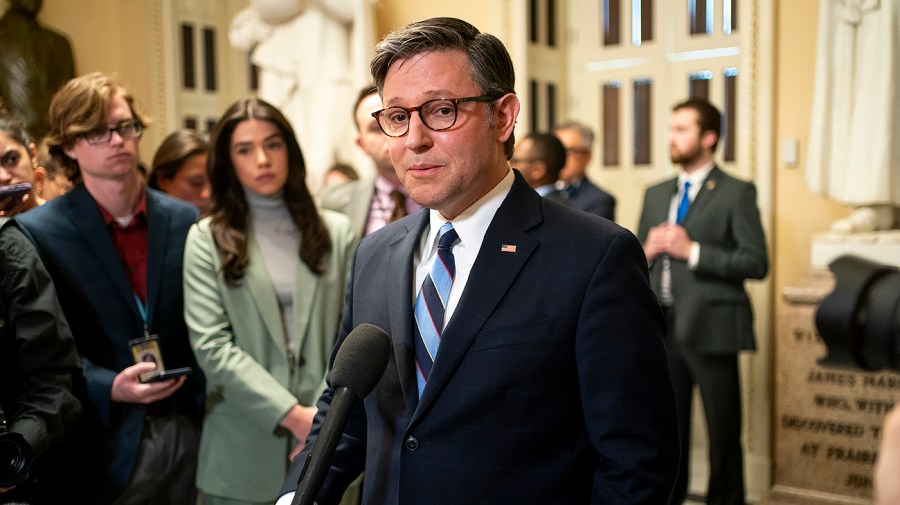An attempt by Republican lawmakers to roll back the federal government’s share of Medicaid expansion could result in tens of thousands of additional deaths, according to an analysis by a liberal think tank.
The analysis by the Centers for American Progress (CAP), shared first with The Hill, found that about 34,200 more people would die annually if the federal government reduced its current 90 percent match for the expansion costs and states responded by dropping their Medicaid expansions.
Twelve states currently have “trigger” laws in place that would automatically end expansion or require changes if the federal match rate were to drop.
The CAP analysis was based on a 2017 study of New York, Arizona, and Maine by health economist Benjamin Sommers of Harvard University’s T. H. Chan School of Public Health. Sommers estimated that one additional life was saved annually for every 239 to 316 adults who gained insurance because of Medicaid expansion.
States that have implemented ObamaCare’s Medicaid expansion currently receive a 90 percent federal match rate for adults covered through the expansion.
Congressional Republicans are looking at rolling that back as part of their reconciliation plan to pay for an extension of President Trump’s tax cuts. No policy has been agreed to, but House Republicans have tasked themselves with finding $880 billion in cuts from the Energy and Commerce Committee, which has jurisdiction over Medicaid.
The committee is eyeing a markup of its portion of the reconciliation legislation on May 7.
“The federal government is paying 90 percent of the Medicaid expansion. What we have talked about is moving that 90 percent level of the expansion back toward the more traditional level,” Rep. Austin Scott (R-Ga.) said in an interview Monday on Fox Business. “Nobody would be kicked off Medicaid as long as governors decided they wanted to continue to fund the program.”
Eliminating the enhanced federal match for the Medicaid expansion population would dramatically reduce federal spending, but it would also shift those costs to the states, forcing governors to make difficult decisions.
Some Republicans, including President Trump, have balked at Medicaid benefit cuts. But House GOP leaders argue ObamaCare allowed states to expand Medicaid far beyond the truly needy, and the federal government should not be subsidizing that coverage.
“When you have people on the program that are draining the resources, it takes it away from the people that are actually needing it the most and are intended to receive it,” Speaker Mike Johnson (R-La.) said on Fox News last week.
“You’re talking about young, single mothers, down on their fortunes at a moment—the people with real disabilities, the elderly,” he continued.” And we’ve got to protect and preserve that program. So we’re going to preserve the integrity of it.”
Earlier this month, 12 vulnerable and moderate Republicans said they would not back the reconciliation plan over concerns about cuts to Medicaid, but did not indicate whether they would oppose a federal match rollback.

